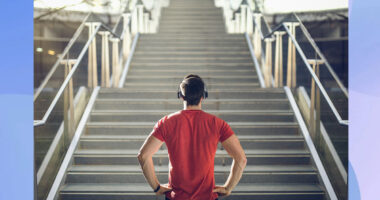Most of us love to enjoy afternoon naps after lunch, or we love to enjoy snacks before going to sleep. You will often wonder if it is okay to take a nap after eating.
There is no doubt that we often feel sleepy after eating, but does this mean that we should get some sleep or wait a bit before taking a nap?
Well, it may not be a good idea to take a nap after eating. Sleeping immediately after eating may not be good for the body.
Why We Usually Feel Sleepy After Eating
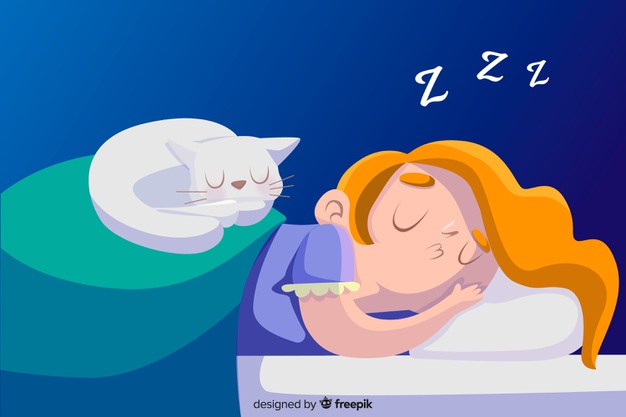
As soon as you finish eating, your brain signals your organs to begin digesting your food. Blood circulation is more concentrated around the digestive system.
The change in the intensity of the blood supply also affects the brain. This blood deprivation to the brain can make you feel drowsy or sleepy.
How Does Sleeping Immediately After Eating Affect Your Health?
Ideally, your body digests the food you eat for energy, and you can do this by sitting upright. However, when you fall asleep after eating, you are not allowing your body to perform this function, leading to some of the following situations:
It May Lead to Weight Gain
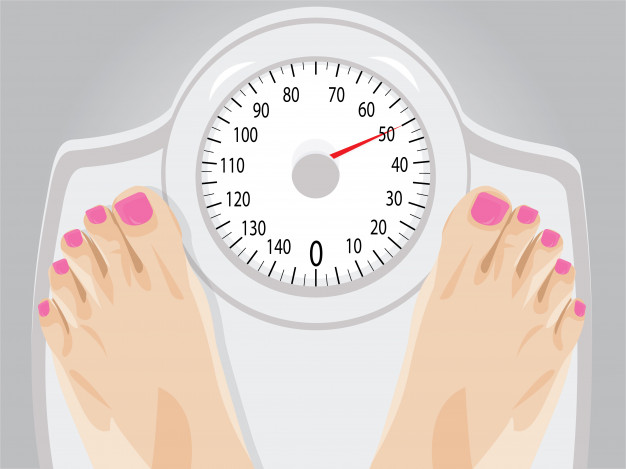
Sleeping immediately after eating can lead to weight gain. This is because your body needs to burn the calories that you have consumed in a meal, but instead, you sleep, which means that your body will store those calories.
An excessive amount of calories in the body leads to weight gain. In short, sleeping after eating makes you fat.
It May Cause Acid Reflux
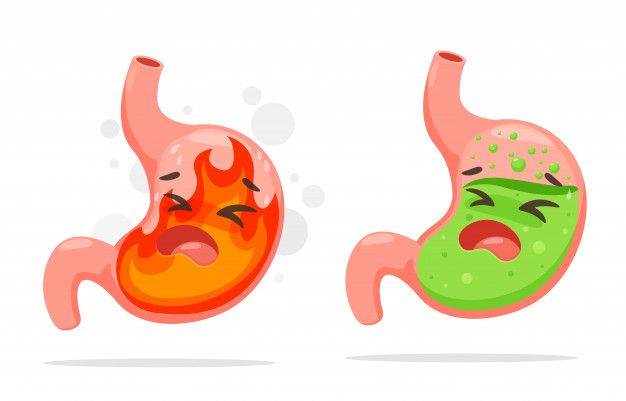
Acid reflux is a condition in which the contents of the stomach are pushed back into your oesophagus.
Acid reflux causes a burning sensation in the chest cavity. This happens when you sleep immediately after eating.
READ RELATED: Mourning the loss of a loved one increases your risk of heart disease by 64%
It May Cause Digestive Issues
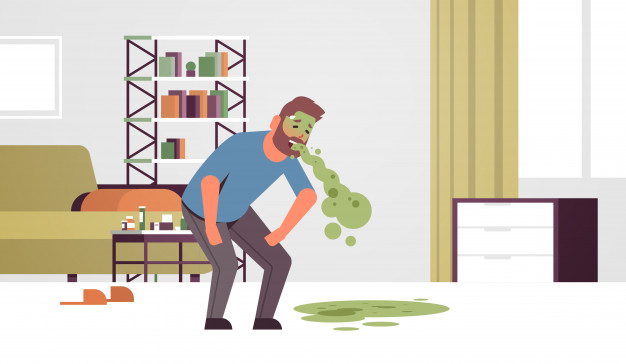
If you fall asleep immediately after lunch or after dinner, your food will not be digested properly. Undigested food can lead to digestive problems like gas, heartburn, acidity, flatulence, bloating, etc.
It May Lead to Stroke
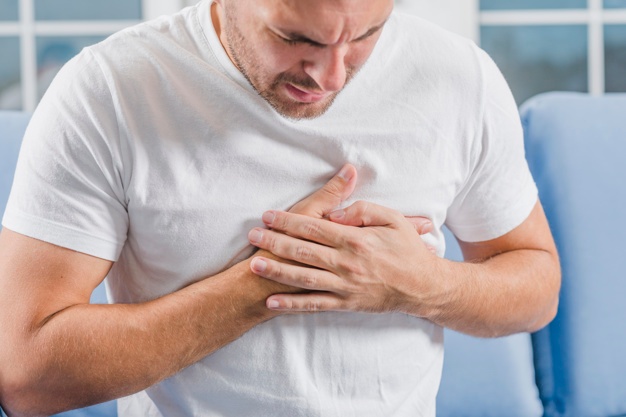
Sleeping immediately after a meal can increase your chances of having a stroke. This is because undigested food can lead to an imbalance in blood sugar levels and blood pressure, and in extreme cases can also lead to stroke.
How Long Should You Wait to Go to Sleep After Having Food?
It is recommended that you let your body digest the food you have eaten before pressing the snooze button.
Although different foods can take different lengths of time to digest, it is good to wait at least 2-4 hours to take a nap after meals.
Bedtime Snacks That Are Healthy for You
Although it is not a good idea to chew something before going to sleep, sometimes we may feel a sudden feeling of hunger and we may want to eat something.
We suggest you eat something healthy and nutritious, instead of accumulating useless calories.
Here are some healthy recommendations you can use to contain your late-night snacking needs:
- A glass of warm milk with honey is a healthy option and you will sleep well too.
- A cup of low-fat yogurt is also easy on the stomach.
- A whole wheat cookie with a dash of peanut butter is great for making your stomach rumble.
- A cup of whole-grain cereal with low-fat milk.
If hunger strikers at an odd hour, here are some snacks you can swallow without a second thought.
Avoid fatty, fried, or high-calorie foods as these can not only harm the digestive system but also cause sleep problems.
Source: crfatsides



